Yesternight, Kenyan police officers demolished shops along Northern By-pass that connects to the Kahawa West roundabout.
The uncouth behavior and culture of night demolishing embraced by a government that is committed to frustrating Kenyan youths and their daily hustles.
The youngmen in Kahawa West had staged demos to protest the night demolitions that left all their belongings broken and some stolen because of the baseless curfew imposed by the Jubilee regime under Uhuru Kenyatta and William Ruto.
Here are the images of the young man who lost his life while trying to save his business while the trigger happy officers were using live bullets to disperse youths who had staged demonstrations in Kahawa West.
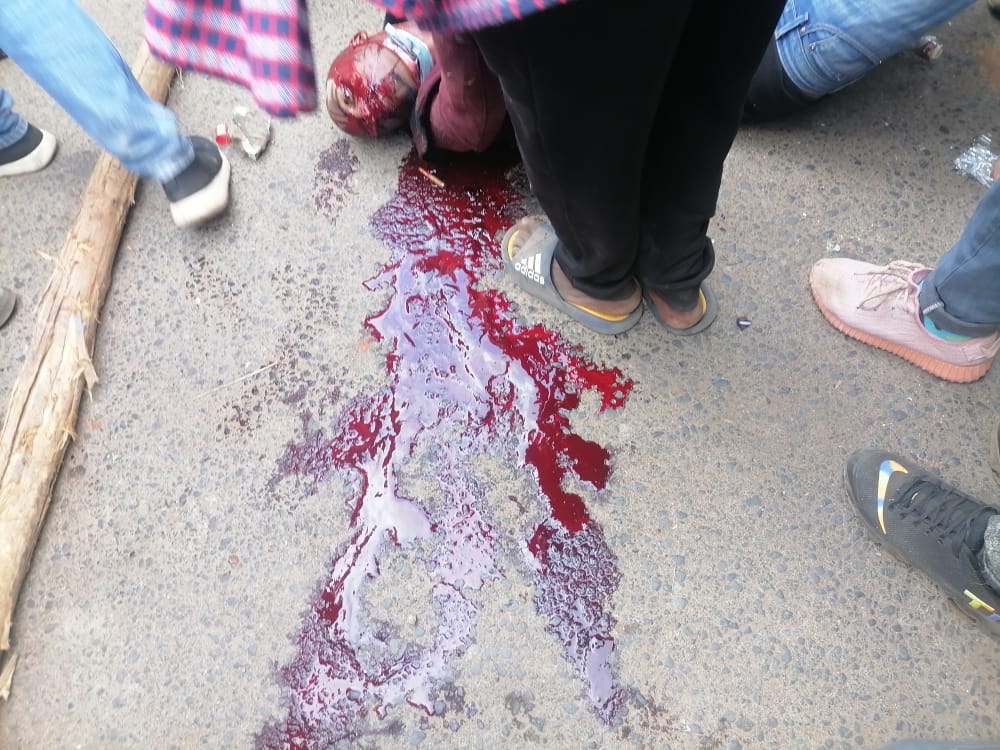
Kamau was shot dead by police for asking why his workshop was demolished and his furniture destroyed without a notice. He was a chief campaigner for Uhuru in 2013 & 2017. He was among those collecting BBI signatures.
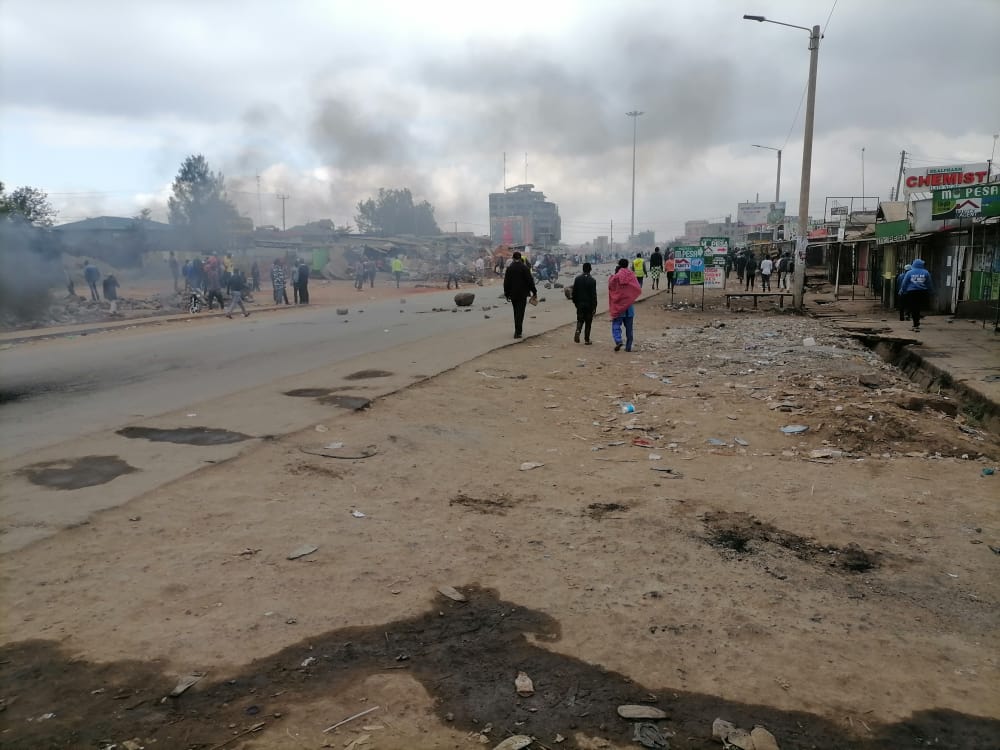
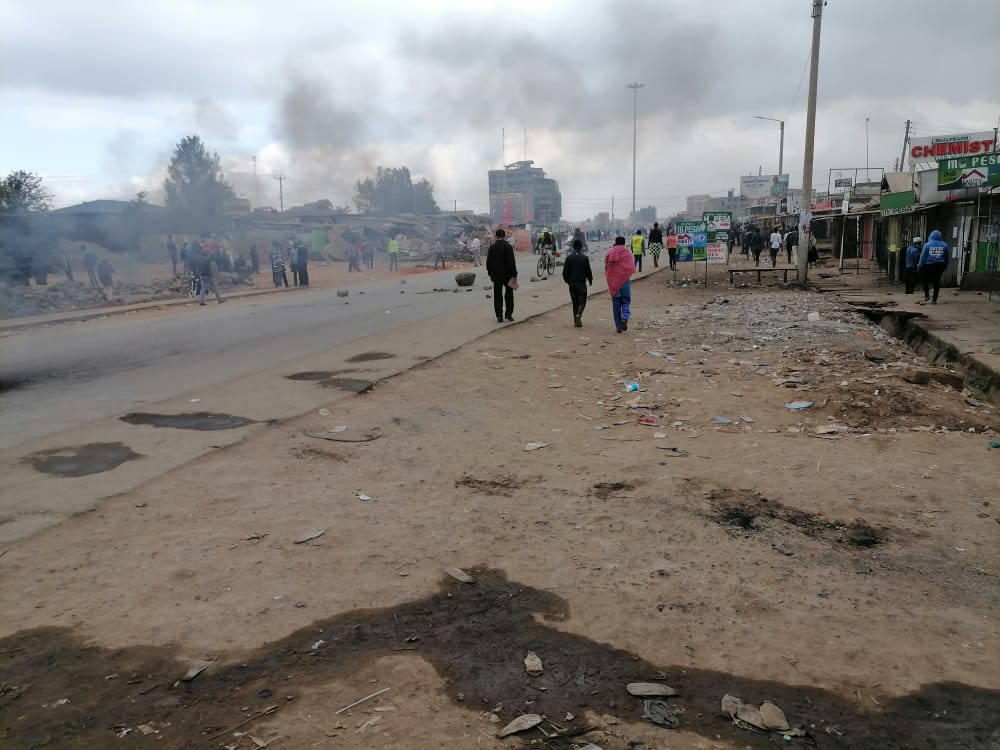
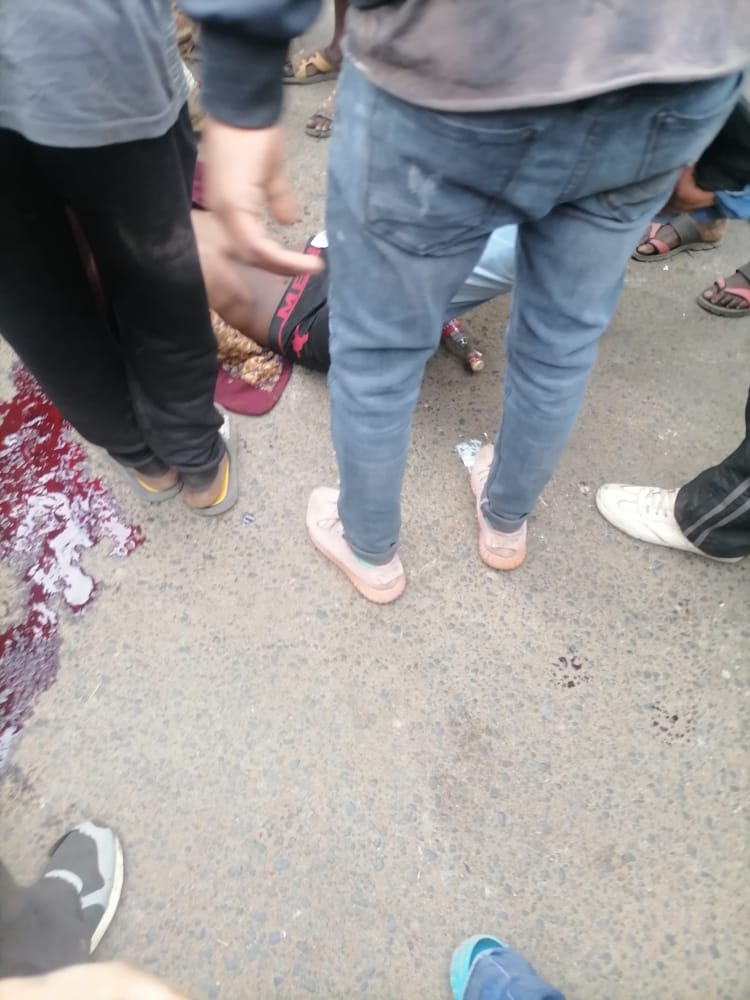
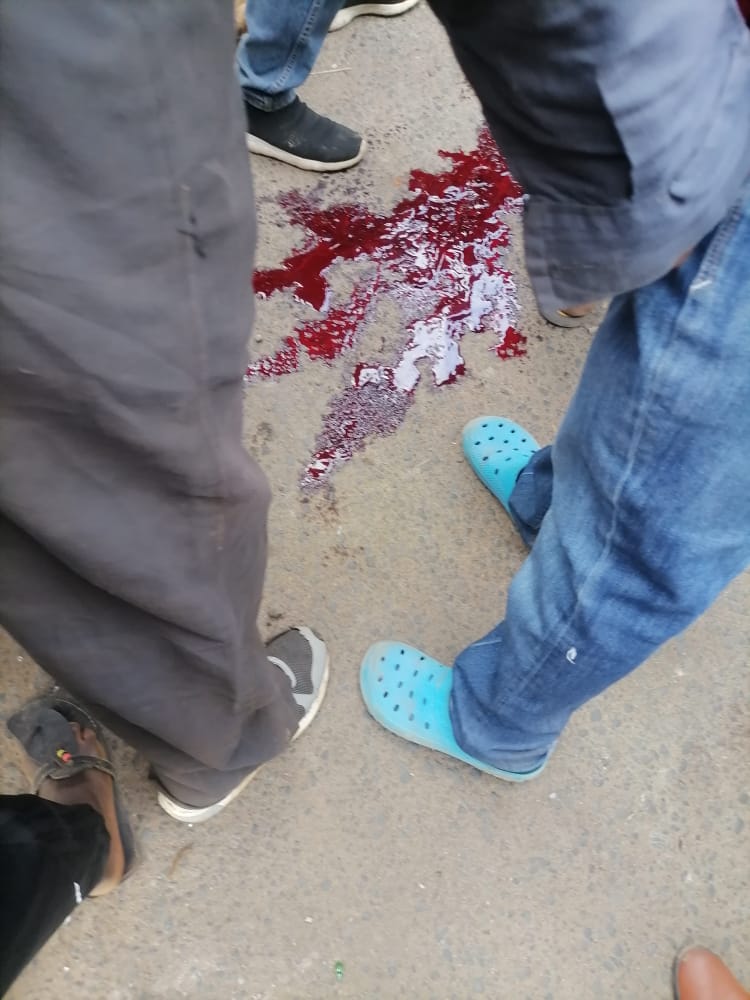
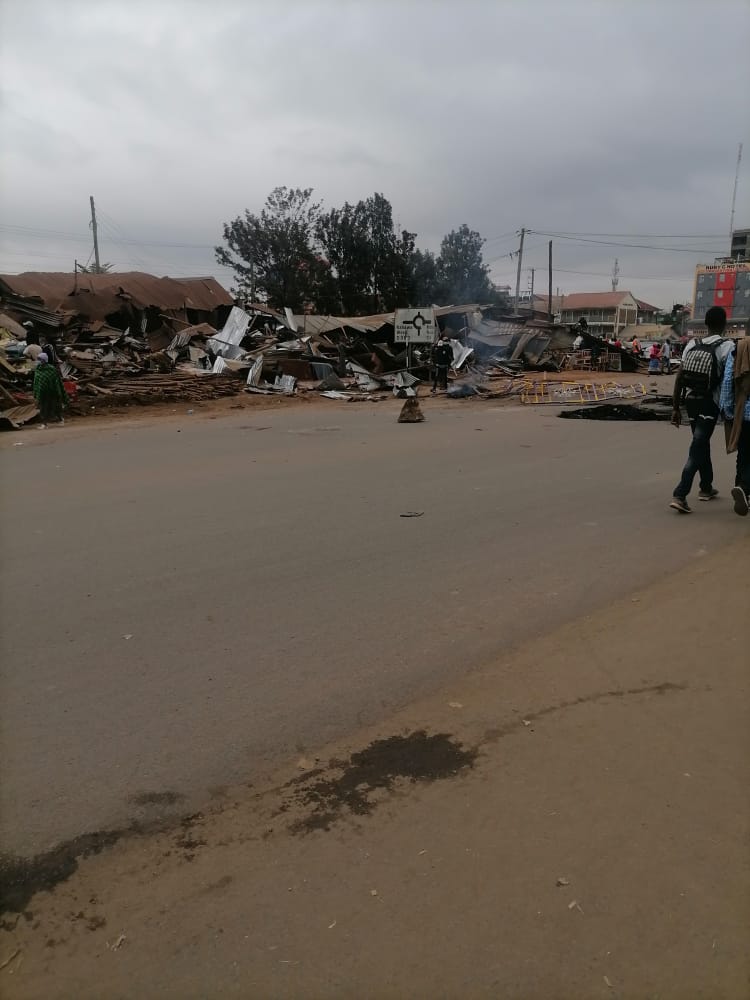
Earlier this month, Police in Nairobi’s Parklands area demolished FigTree market at night and traders lost properties worth more than Ksh10million.
The death of 22-year-old Benson Njiru Ndwiga and his 19-year-old brother Emmanuel in police custody in Kianjokoma has once again highlighted the excessive use of force and violence by Kenya’s police when enforcing COVID rules.
The death of the two young men sparked protests in Embu County, where a police post was attacked and a police car was set on fire. A campaign on Twitter under the hashtag #JusticeForKianjokomaBrothers was trending when the two brothers were buried in Kianjokoma during a tear-filled ceremony.
Human rights organizations and civil society groups have regularly condemned the use of violence by the Kenya police, not just when enforcing curfews, but at all times.
Extrajudicial killings by the police, especially of young men living in urban informal settlements, are rampant. Police killed 803 Kenyans between 2013 and 2016, of which 50 were young men living in Nairobi’s Mathare slum, according to the Mathare Social Justice Centre.
These and other killings by police inspired Kenyan musician Juliani to compose Machozi Ya Jana (Yesterday’s Tears), a song in memory of a lawyer, his client, and a taxi driver who were murdered in June 2016.
Reports of police beating and harassing people who are outdoors during curfew hours have been widely reported in the media. But widespread condemnation has not resulted in a significant change in police behaviour.
















